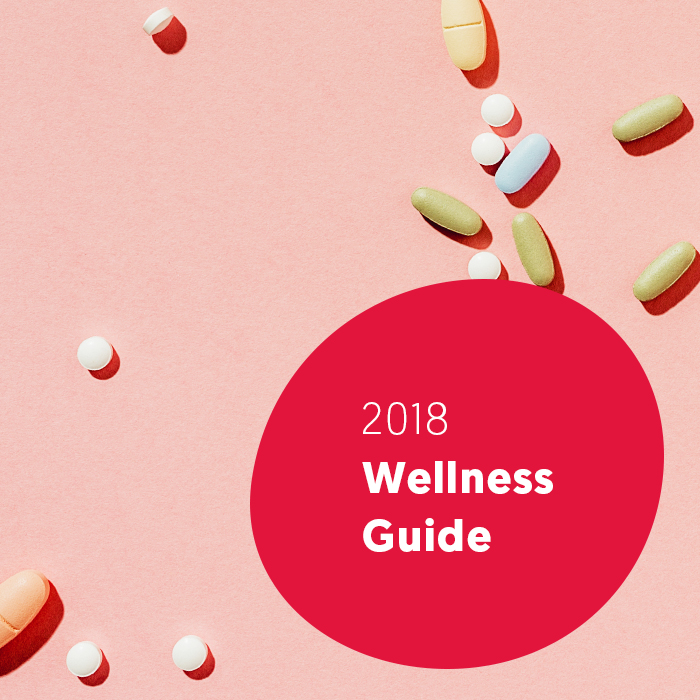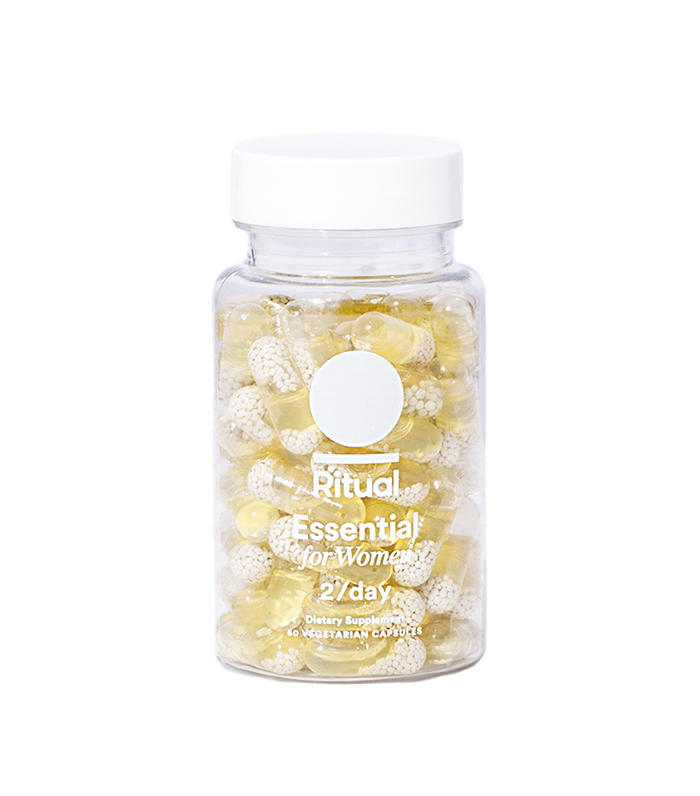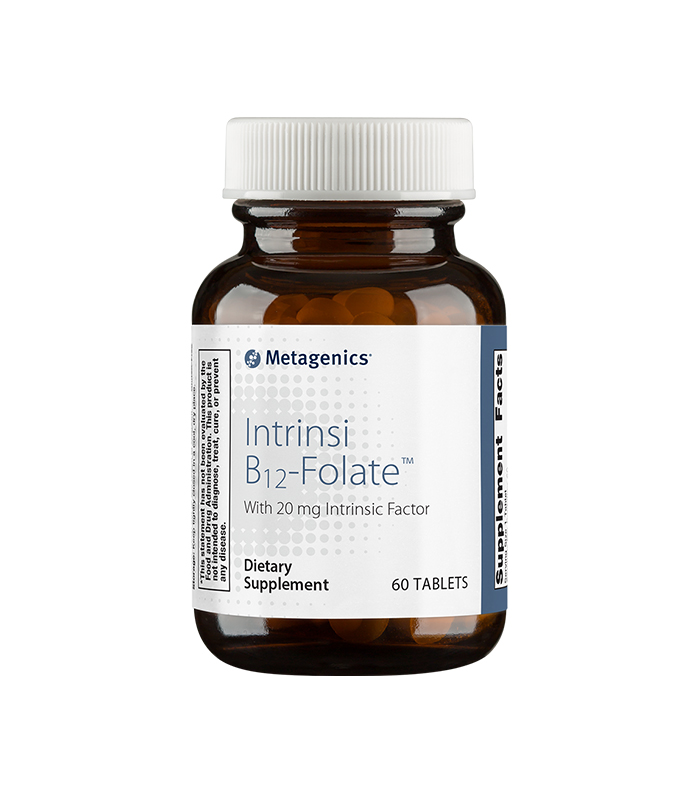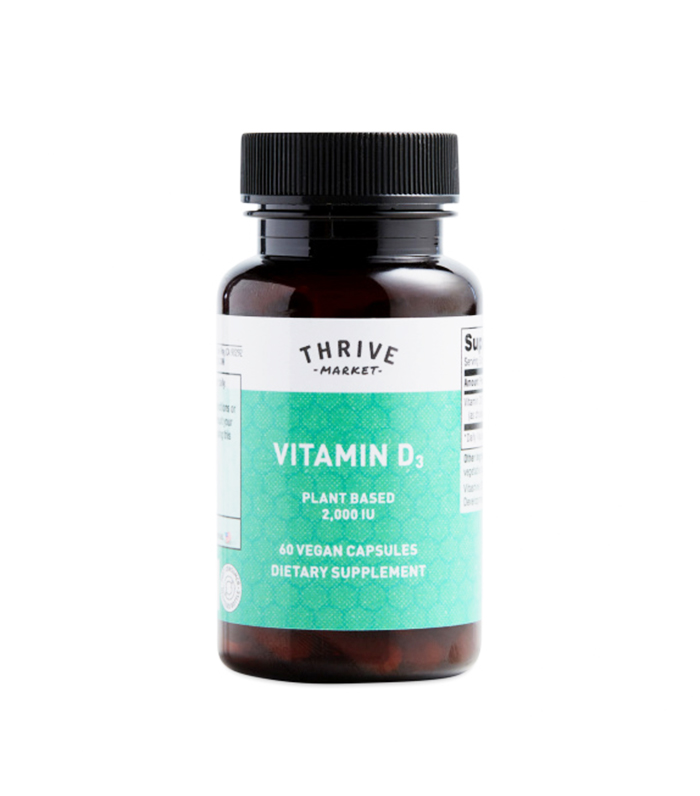How to Know If There's Scary Sh*t Hiding in Your Vitamins and Supplements


Welcome to our 2018 Wellness Guide, a series of stories we're running this January to help you own your health and happiness this year—all curated with the knowledge that wellness is never one-size-fits-all. Check back all month for expert-led guides on tackling your goals, from choosing the best workout for your personality to staying mindful even when your schedule is absolutely insane.
While it's easy to attribute the rise of adaptogenic herb "dusts," collagen gummies, and tailor-made vitamin startups to the recent wellness boom at large, in reality, the supplement market has been in desperate need of disruption for some time. This isn't just a matter of lackluster branding and outdated products—although if you've ever faced a CVS shelf with approximately 23 kinds of generic-looking vitamin D bottles, you know that this is also a problem—but safety and efficacy: The industry is notoriously underregulated by the FDA, which means a lot of companies willingly sacrifice quality for sales. And as many studies over the past few years have revealed, the consequences can be downright harmful.
A 2015 study, for example, found that vitamins and supplements send roughly 23,000 people to the hospital each year. In 2016, editors at Vox conducted a review of court documents, government databases, and scientific research and uncovered at least 850 products cut with hidden and even illegal ingredients—including antidepressants and synthetic chemicals that had never been tested on humans. That's not to mention an abundance of research suggesting that many vitamins on the market simply don't work due to shoddy ingredients that the human body can't effectively absorb.
"It's unfortunate that most companies just care about their bottom line," says Kat Schneider, the founder of Ritual, a vitamin startup that has earned major funding and consumer popularity alike for its entirely transparent approach to the multivitamin. ("We don't believe in hiding any bit of information," she told us in 2017. "In fact, we get excited to share the research, the science, and info about all of our ingredients because we are so obsessed with what we've formulated.")
It's frustrating that the onus is still largely on the consumer to seek out a quality, effective, and safe vitamin, that we have to lead with distrust. But that appears to be changing thanks to companies like Ritual—and in the meantime, it's worth getting versed on label reading so you can shop for supplements like a total pro. Read on for some key pointers.
Be wary of common (and potentially inflammatory) filler ingredients
Schneider calls out the following specifically:
Magnesium stearate or stearic acid: This is a lubricant typically made by hydrogenating vegetable oils, says Schneider, and is also a chief ingredient in most soaps. "It causes concerns over local cell damage in the gastrointestinal tract," she adds.
"Mystery" maltodextrin: "It's a fancy name for starch," says Schneider. Those sensitive or allergic to gluten should keep in mind that maltodextrin is often made from wheat flour.
PVP: "Polyvinylpyrrolidone is an unabsorbable plastic that helps ingredients stick together," says Schneider—not exactly ideal for your digestive system.
Titanium dioxide: As with stearic acid, Schneider says that this coloring agent can cause cell damage in the GI tract.
Yellow #5 or tartrazine: This dye is a known allergen.
FDC blues, reds, and yellows: In addition to being potential allergens, these dyes "add a burden to the liver and GI tract cells to break them down," says Schneider.
Shellac: This compound, sometimes used to give pills their shiny veneer, is not known to be harmful, but it might be difficult to stomach nonetheless. Shellac is naturally sourced from beetle excrement and is a popular ingredient in floor polish and furniture varnish.
Phthalate esters: This shiny plastic coating might be difficult to digest.
Carrageenan: It might be naturally sourced from seaweed, but carrageenan has caught a lot of flak over recent years, particularly for its use in almond milk. "There are some concerns over damage to GI tract from high-dose animal studies," notes Schneider. "Sometimes companies will conceal this as 'seaweed extract.'"
Gelatin: Vegans and vegetarians, take note: "It's not known to be harmful, but gelatin is not necessarily appetizing as it typically is made from the snouts and hides of pigs and cows."
Pick the vitamin form that your body is most likely to absorb
It sounds obvious, but many companies opt for nutrient forms that are less compatible with the human body, because they're cheaper or easier to manufacture or obtain. In other words, "not all vitamins are created equal," says Schneider.
But reading labels is an easy way to ensure you're getting a quality form of the vitamin you're taking. Look for the forms below, per Schneider:
If you take folic acid, look for methylfolate, or MTHF. "From our research, over one-third of women can't fully utilize folic acid due to gene variations, yet it's in most vitamins," she says. MTHF is the active form.
If you take vitamin E, look for mixed tocopherols. "They're more beneficial than only alpha-tocopherol," says Schneider.
If you take vitamin D, opt for D3 over D2. "D3 is absorbed better, and it's also bio-identical to what you are getting from the sun," says Schneider.
If you take vitamin B12, look for methylcobalamin. This is especially important for vegans and vegetarians since B12 is scarce in animal-free diets—and B12 can be notoriously finicky to absorb. "Methylcobalamin is the form of B12 used by your enzymes and cells, which is important for strict vegans," says Schneider.
Investigate how the brand's products are tested
Schneider says you're most likely to avoid product contamination if the brand uses third-party, independent testing (rather than via their production chain). "Companies can no longer just rely on the results of their manufacturers or suppliers," she says. "Possible contaminants and adulterants need be tested like mycotoxins, solvents, pesticides and herbicides (in herbs and fruit and veggie powders), and heavy metals and microbial contamination in everything (molds, yeasts, ew!)."
Above all else, brand transparency is a great sign
A brand that has nothing to hide will tell you exactly how their products are sourced and made and can offer proof that they actually work. "Companies that care are also the ones that invest in clinical studies that show their efficacy," says Schneider. You're investing in your health, so you have a right to know that you're getting your money's worth.
Next up in our 2018 Wellness Guide series: Learn how to stay sane even when your schedule is absolutely crazy this year.
Disclaimer
This article is provided for informational purposes only and is not intended to be used in the place of advice of your physician or other medical professionals. You should always consult with your doctor or healthcare provider first with any health-related questions.


